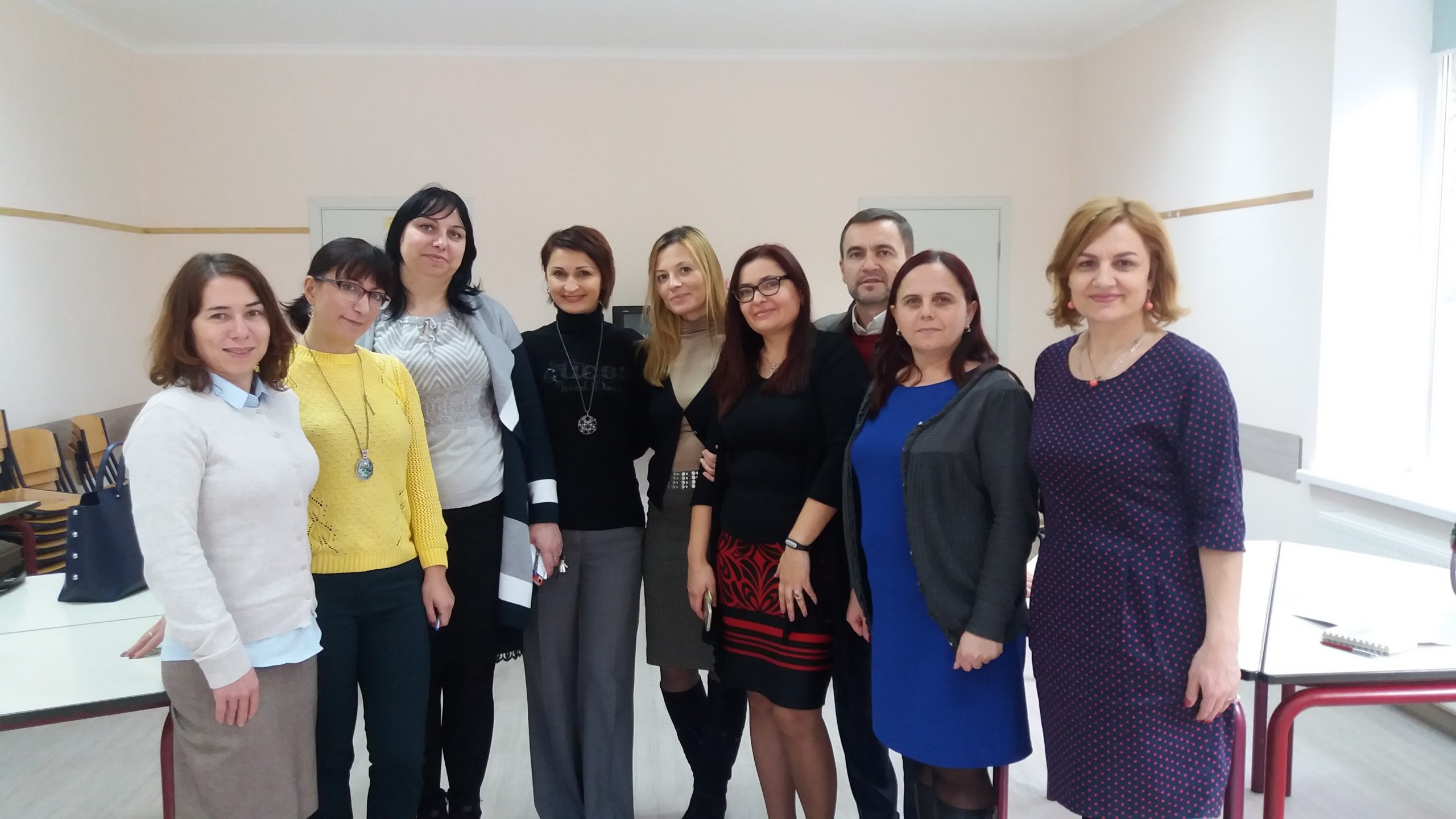Schools Ready For Children

Project duration: August, 2017 -December, 2019
Implementing organization: Programul Educaţional Pas cu Pas / /Step by Step Moldova
Financial support: Pestalozzi Children’s Foundation
Partners: Regional public administrations from 5 raions
Project goal: to improve academic performance of children in vulnerable situation and their motivation for continuous learning, leading to their better employability chances and in-creased social integration.
The project was targeting children in difficult situation from five rural communities since, as multiple studies show, rural children are more disadvantaged than urban children because the level of poverty in the rural is four times higher and children’s academic performance is traditionally considerably lower. Thus they have less possibilities to enjoy the right to quality education because of a limited access to pre-school, insufficient readiness for integrating into the education system, the quality of teaching practices at pre-school and primary school levels, non-inclusive and non-supportive school culture.
The communities were chosen, in cooperation with regional educational authorities, according to vulnerability criteria (children from socially disadvantaged families, Roma children, children coming from mono-parental families and families with more than three children, children exposed to violence in the family, particularly of alcohol addicted parents, children of jobless parents or families where one or both parents are job migrants) and according to the local community openness to change.
The project was striving to support children in vulnerable situation in accessing preschool programs, be-coming better prepared for integrating into primary schools, getting additional support to further optimally learn and develop through tailored activities based on their individual needs. Also the project aimed at im-proving educational practices by strengthening preschool and primary school teachers’ knowledge and skills in child-centered methodology, supporting cross-level cooperation between them in order to address children’s needs in a consistent way and in a holistic approach.
From the pedagogical perspective, the project strategy was in tune with the official learner-centered para-digm in education, despite the fact that the latter is not promoted with consistency and efficiency at the system level. Due to this inconsistency, the educational practices are in reality still very outdated and teacher-centered and in many cases authoritarian, which discourages the most vulnerable children from active participation or even leads to early dropout.
The main achievements of the two-and-a-half project phase are:
1. five cooperation agreements signed with project schools and kindergartens, LPA/Mayoralty, regional DoE;
2. 336 most needy preschool and primary school children received material aid that contributed to their regular attendance and participation, especially during the cold period of the year.
3. 300 preschool and 490 primary school children in vulnerable situation have registered progress in their learning and development; 455 primary school children in vulnerable situation participated in project after-school activities;
4. 30 preschool and 38 primary school teachers improved their observation and reflection skills and learnt new teaching strategies to better meet the diverse needs of children;
5. 855 peers of these children also benefitted from improved teachers’ competences in curricular and extracurricular activities;
6. 360 parents of pre-school and primary school children in vulnerable situation got more involved in their children’s school life and improved their knowledge and skills in supporting children’s learning and development; out of these, 90 parents who were less interested in their children’s progress, started participating more regularly in parent meetings and other educational activities (e.g. after school sessions);
7. the project contributed to a better cooperation between the LPA representatives, local social and health workers, community mediators and kindergartens and schools management in all 5 project communities (25 stakeholders involved) for the socio-educational inclusion of children in vulnerable situation.